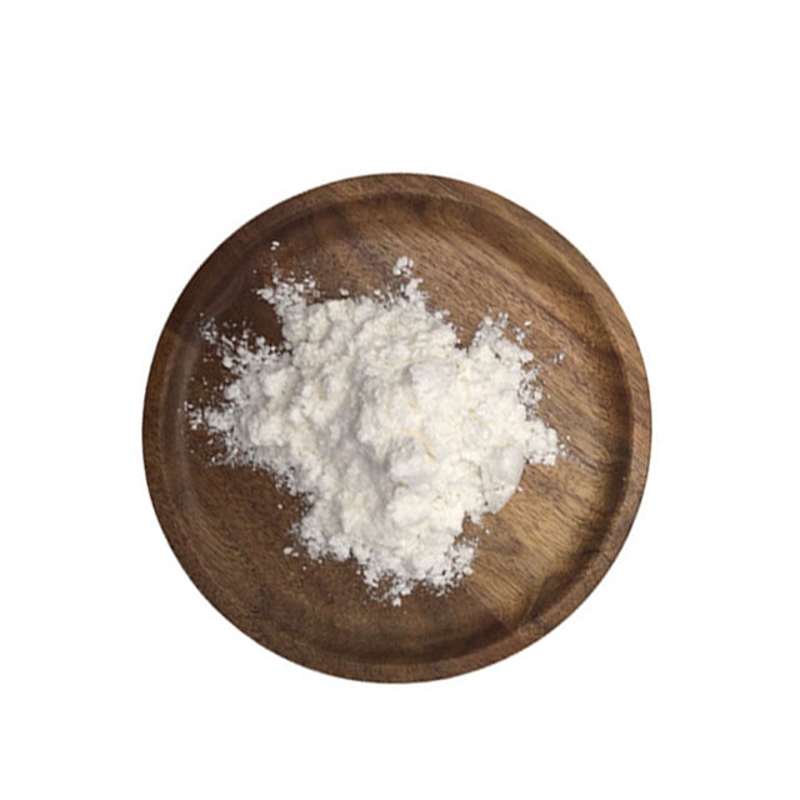-
Categories
-
Pharmaceutical Intermediates
-
Active Pharmaceutical Ingredients
-
Food Additives
- Industrial Coatings
- Agrochemicals
- Dyes and Pigments
- Surfactant
- Flavors and Fragrances
- Chemical Reagents
- Catalyst and Auxiliary
- Natural Products
- Inorganic Chemistry
-
Organic Chemistry
-
Biochemical Engineering
- Analytical Chemistry
- Cosmetic Ingredient
-
Pharmaceutical Intermediates
Promotion
ECHEMI Mall
Wholesale
Weekly Price
Exhibition
News
-
Trade Service
Severe Acute Respiratory Syndrome Coronavirus 2 (SARS-CoV-2) led to the global coronavirus disease pandemic (COVID-19).
then we know that SARS-CoV-2 enters the cells mediated by angiotensin-converting enzyme 2 (ACE2) receptors, and in addition to the respiratory epithelial is a typical part of the virus entering, other tissues, including the gastrointestinal tract, liver and pancreas, also express high levels of ACE2.
, COVID-19 may also cause inflammation in other organs.
elevated lipase may indicate pancreatic damage, and 18% of patients admitted to severe COVID-19 in China have recently reported elevated lipase levels in patients with new crowns, and have been shown to have elevated levels of ACE2 receptors in the pancreas higher than respiratory epithelial cells.
therefore, pancreatic damage may cause long-term systemic inflammation caused by COVID-19, with adverse consequences.
study to explore the effects of a generally significant increase in lipase in patients with new coronary pneumonia on the prognostication of the disease.
researchers included in the study patients with COVID-19 positive (standard: polymerase chain-reactive nasopharyngeal swab testing for SARS-CoV-2) in a total of 1,003 people, including only 83 people with lipase data, with high lipase levels defined to be three times higher than the normal upper limit. 156 U / L), hepatoenzyme abnormality is defined as tthanine transaminase (AST) 44 U / L, alanine transaminase (ALT) , 40 U / L and bilirubin 1.3 mg / dL.
then used Fisher to accurately test or Student t to analyze statistical differences in baseline characteristics in patients with elevated or elevated lipase levels (as defined above).
results showed that 14 (16.8%) patients had elevated lipase levels, and men in the high-fat enzyme group accounted for the majority (78.6% vs. 38.8% ;P to 0.009), with higher symptoms of nausea or vomiting (75.4% vs 50% ;P and 0.025), and no significant differences in gastrointestinal pain between the two groups.
Compared with the low-fat enzyme group, patients with elevated lipase had higher rates of liver enzyme abnormalities (P .lt;0.05), and patients with elevated lipase, ICU admission rate (92.9% vs 32.8%; P .lt;001) and int tube rate (78.6% vs 23.5%; P - 0.0002) is significantly higher.
and inflammation of the pancreas are important causes of organ failure, so a retrospective study found that elevated lipase in COVID-19 patients was associated with poor prognosis.
.







